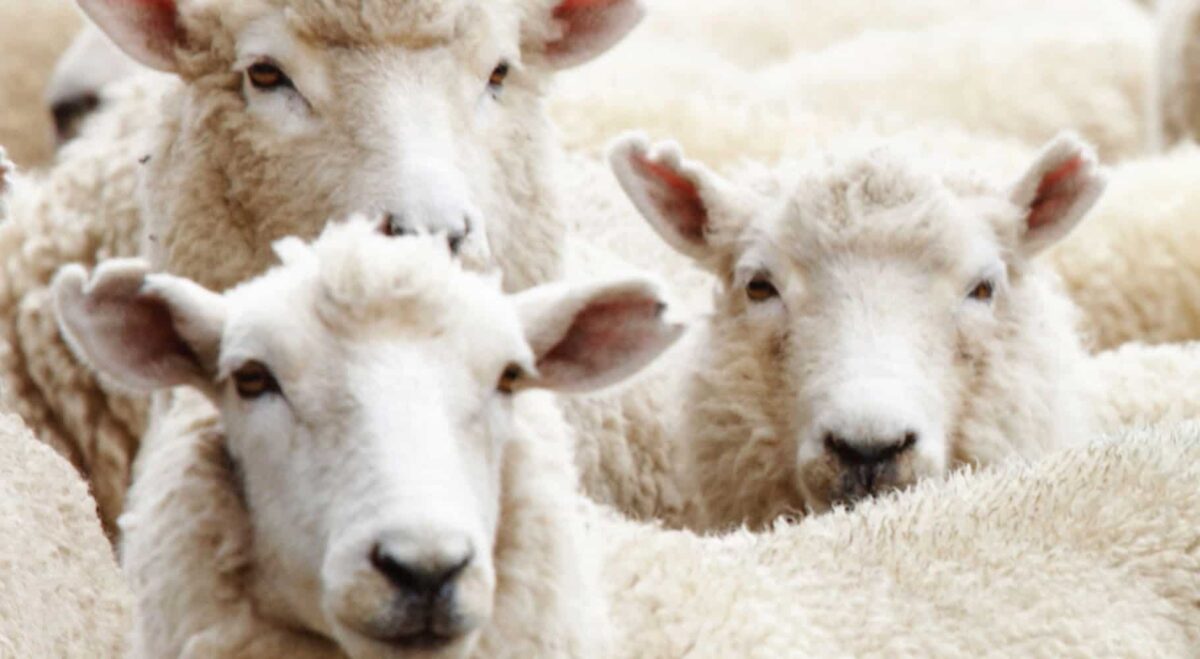[Editor: According to the latest MPI State of Primary Industry Report, overall export revenue from meat and wool will climb to $11.45 billion in 2024 from $10.6 billion in 2020, although down from 2023. In the same period, livestock numbers – both cattle and sheep – have declined. And sheep and beef farm profit before tax is expected to decline 54% in 2023/24.]
Progressive Meats founder Craig Hickson tells BayBuzz it is inevitable that plants around the country will be shut down.

“So we’re getting to the point where I think, particularly those companies that have got multiple plants, they’ll be thinking about whether they close one and consolidate their kill in another plant,’’ Hickson said. “That’s likely to happen in the next 18 months, in my estimation. Just because there aren’t the numbers to support it.’’
A former Agribusiness Person of the Year and New Zealand Entrepreneur of the Year, Hickson has worked in meat processing since 1981. “So I’ve spent my entire career in a declining industry,’’ he said.
He lived through the closures of the Whakatu freezing works in 1986 and Tomoana 12 years later and says it’s taken an expansion of the wine and apple industries to help Hastings recover.
Ironically, it’s changing land use that is contributing to processing plants becoming uneconomic.
“There’s fixed costs of operating a facility and you’ve got to have a minimum throughput to cover your fixed costs before you there’s any margin,’’ said Hickson.
“If the numbers drop, so that you can’t get your head above water, then you’re pretty well forced to close it because they’re special purpose structures. They don’t lend themselves easily to any other purpose apart from cold stores.
“You just have to look at the sites of Whakatu and Tomoana to see what they look like now and a few of us can remember what they used to look like. They’re quite different animals.
“I feel disappointed to the extent that, in combination with everyone, we haven’t been able to deliver returns through sheep and beef production that makes it a continuing competitive land use option.
“So it’s been replaced with other pastoral or land-based businesses that are more intensive like apples, for instance, and kiwifruit, avocados and just general cropping.’’
In a purely Hawke’s Bay sense, Hickson says some parts of the diversification have been good, particularly on the fertile Heretaunga Plains.
“Then there’s the hardest, stoniest, useless shingle country that was only good for drag strips etcetera and is now producing some great wine in the Gimblett Gravels. That would only grow foxgloves before and you’d barely get a grazing a year off it and could barely give the land away in the 1970s.’’
Hickson’s less enthused about what the Emissions Trading Scheme has done to sheep farming.
“There’s an evolution that occurs in terms of land use and trees were looking good for a while and got an artificial boost. Probably the thing that peeves myself and most farmers off the most, is that with the ETS was like a subsidy incentive for forestry, which really pushed it along beyond the competitive land use of straight forestry returns as a business, versus whether it was breeding country.’’


Unfortunately the trees are killing off small farming communities
As forewarned by Craig Hickson in general terms, Farmers Weekly today reported that meat processor Waimarie Meats has gone into liquidation, owing hundreds of thousands.